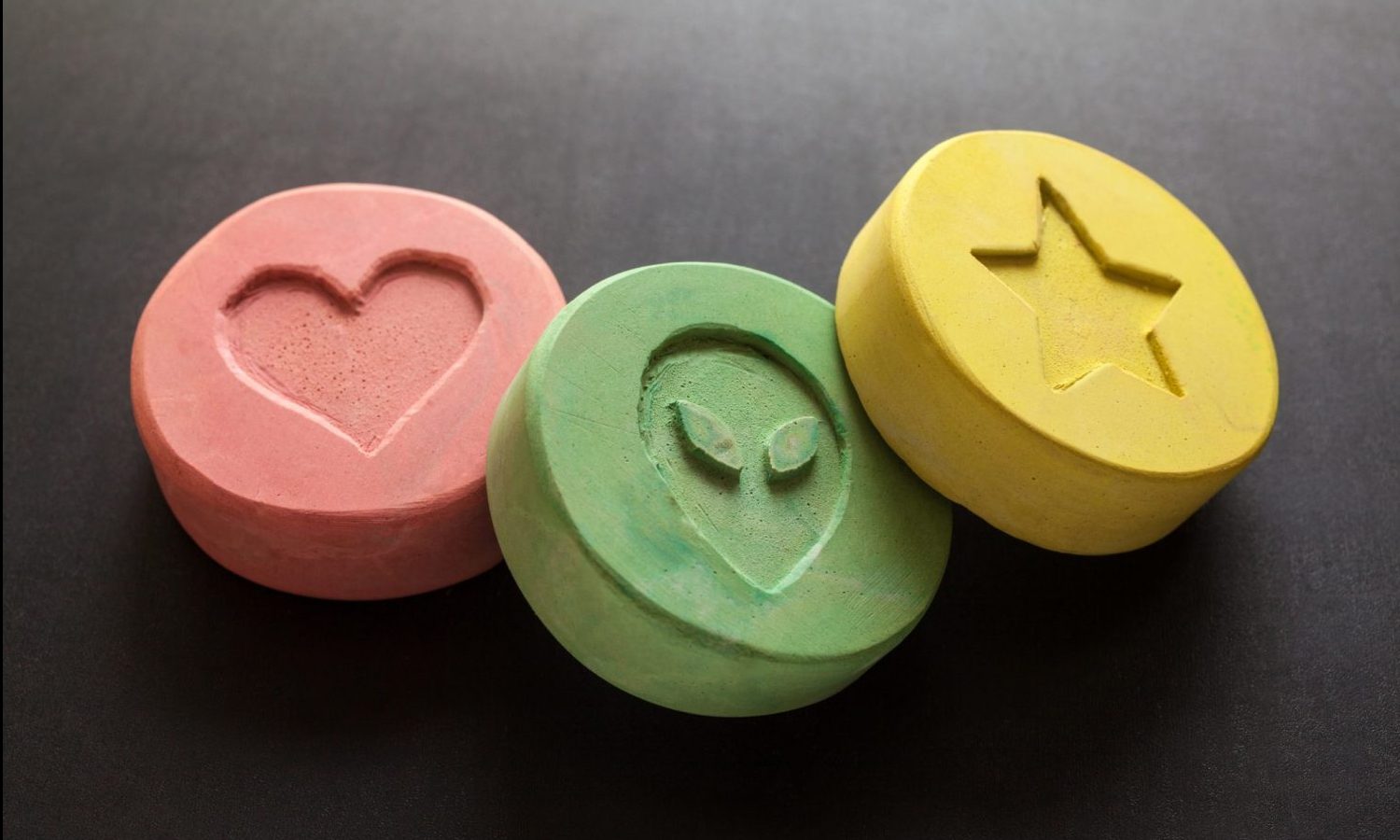The anticipated 2023 FDA approval of MDMA-assisted therapy for PTSD is closer to becoming a reality than ever before.
The Multidisciplinary Association of Psychedelic Studies (MAPS) has worked for the last 35 years to shift the perception around psychedelics as a treatment tool for mental health issues. Now, with the release of data from its Phase III trial with the FDA for the use of MDMA (ecstasy) to treat PTSD, MAPS’ work has coalesced into findings that could change the mental health treatment landscape as we know it.
MDMA is on the cusp of FDA approval to treat PTSD — not just for military veterans, but for an array of people who have suffered from abuse and other trauma-inducing events.
In 2017, the FDA granted MDMA “breakthrough therapy status” in anticipation of approving it as a medication for mental health, and the release of MAPS’ latest statistically significant findings constitutes a huge leap towards legalization.

The conversation around the legalization of psychedelic drugs is not new to the mental health community. Trials testing the efficacy of psychedelics such as LSD for mental illness began as early as the 1950s. By the 1960s more than 1,000 papers had been published about LSD as a treatment for depression, alcoholism, schizophrenia, and as an adjunct to psychotherapy. These trials lacked the scientific rigor necessary for legitimacy in the eyes of the FDA, but due in no small part to the work of MAPS, legitimacy is no longer the stumbling block it once was.
RELATED: Legal MDMA-Assisted Therapy For PTSD Likely By 2022
MDMA showed efficacy for treating PTSD in six MAPS Phase II trials, providing a cost-saving and clinically beneficial treatment for those with severe or extreme chronic PTSD resulting from any cause. The Phase III trial is the first of any psychedelic-assisted therapy. It was a randomized, blinded study designed under an FDA-approved Special Protocol Assessment. 90 patients with severe, chronic PTSD were enrolled in the trial and randomized to receive either MDMA or a placebo. The results, according to the lead author of the paper, Jennifer Mitchell, Ph.D., were significant. “People with the most difficult-to-treat diagnosis, often considered intractable, respond just as well to this novel treatment as other participants. In fact, participants diagnosed with the dissociative type of PTSD experienced a greater reduction in symptoms than those without the dissociative subtype.”

The Phase III trial data revealed that 67% of the group who received MDMA no longer qualified for a PTSD diagnosis after three treatment sessions (compared to 32% of the placebo group). 88% of participants in the MDMA sessions experienced a clinically significant reduction in symptoms, as opposed to 60% of the placebo group who received therapy alone. Mitchell attributes MDMA’s effectiveness to its role as a catalyst in therapy, which often involves recalling, and frequently reactivating, previous trauma. “The unique ability of MDMA to raise compassion and understanding while tamping down fear is likely what enables it to be so effective.”
RELATED: Should FDA Fast-Track Psychedelic Treatment Under Coronavirus Pandemic?
Researchers are currently enrolling participants in a second Phase III trial and MAPS is formulating plans for additional studies to evaluate MDMA’s efficacy for mental health conditions not yet explored, as well as other protocols beyond one-on-one sessions, including group therapy and cognitive behavioral therapy focused on couples. The fact that MDMA is currently classified as a Schedule I drug and defined as having “no medical benefit” means that the only way to receive MDMA-assisted therapy right now is through clinical trials.
However, the FDA has given its blessing to an expanded access program so that 50 patients can access MDMA-assisted therapy before it is approved and MAPS has committed to confronting accessibility and equity issues from its own side of the table. While not a sure thing, with MAPS’ latest data and continued efforts in alignment with FDA requirements, the hoped-for 2023 FDA approval of MDMA-assisted therapy for PTSD is closer to becoming a reality than ever before.
This article originally appeared on Green Market Report and has been reposted with permission.


